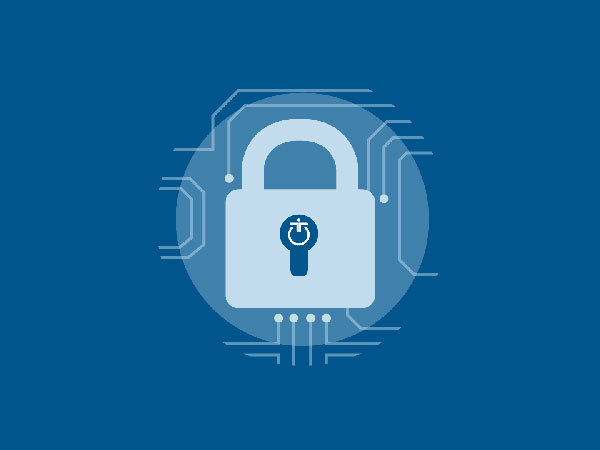Cryptocurrencies like Bitcoin have proved to be the most secure virtual currency, but it has not been spared of its share of cyber-attacks. In January 2018, panic spread across Bitcoin investors when were unable to withdraw their cash following a cyber-attack which left their money stuck in the system. In July 2017, around $30 million worth Ethereum Currency was stolen by hackers through a cyber-attack launched on the three of the largest wallets. Bitstamp was recently in the news when 19,000 BTC were pilfered after the exchange’s virtual wallets were compromised.
Why is it happening repeatedly? Experts say that it is mostly because all bitcoin transactions are irreversible. Official authorities can undo the transactions only in the case of an error. It is interesting to note that both buying and selling parties are unknown to each other and despite numerous techniques, it is difficult to track stolen bitcoins.
Now, what are the best ways to protect one’s Cypto wallet? There is plenty of security measures available right now to add a significant layer of protection to one’s cryptocurrency funds, but According to Nikolos Faslow, a Security Engineer from Bestvpnrating, one of the wisest ways to protect electronic cash so far is hiding it with a private network, popularly known as VPN. Virtual private network possesses a lot of features that guarantee user’s virtual freedom.
Although it is a primitive basis of online security, some people still ignore the tips like “create complicated passwords”, “create different passwords for different wallets”, and “never keep your passwords written and stored in a place anyone can reach”, like a sticker on your PC. A VPN will not save your money from your own negligence. A VPN is a secure solution that allows users on the Internet to transfer data while maintaining the secrecy of a private network. VPNs conceal your IP address by taking on one provided by the VPN service provider, so your activities online are essentially untraceable.
Second, while using a VPN, you have access to restricted websites, because this is what a VPN does, blocking access either due to geographic policy, or because such websites are considered improper/unreliable by the government of the state. So, while VPN, on the one hand, protects you from being monitored, it may expose you to websites and users that may pose danger to your finance. So, even using a VPN, you should be a bit paranoid about clicking each and every link you might want to follow.
The main function of any VPN is making user invisible for anyone else in the network. Optionally, our computers, when online, are sending signals directly to chosen web address. When there is a VPN installed, the signal is first transmitted to a certain virtual server, which grants it with new dynamic IP (the one that actually belong to this server), and only after that it reaches that site we wanted to visit. Tracking all this way is impossible, so nobody can reach our private data, including online wallets.
Click here to get more information on how to set up a VPN.

25 Recommender Algorithms, Packages, Tools, and Frameworks: Your Gateway to Exploring Personalized Recommendations
In...



















